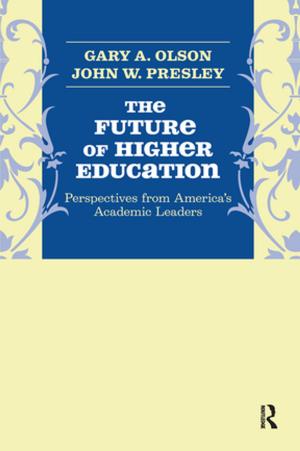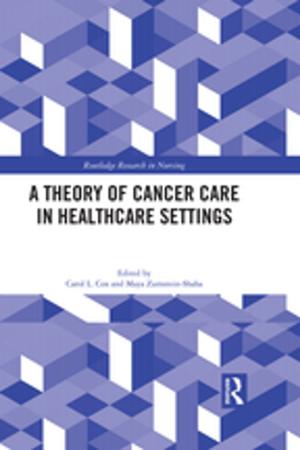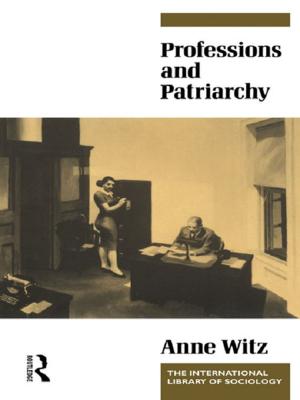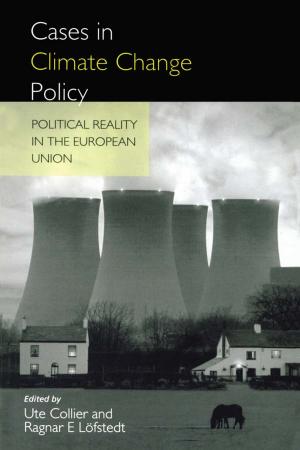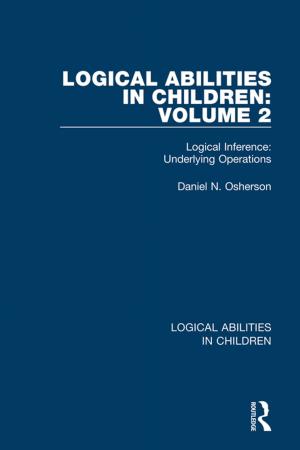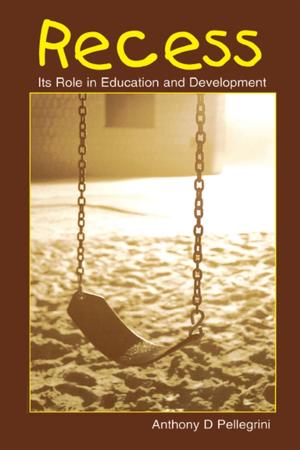The Politics of Antisocial Behaviour
Amoral Panics
Nonfiction, Social & Cultural Studies, Social Science, Crimes & Criminals, Criminology, Sociology| Author: | Stuart Waiton | ISBN: | 9781135909314 |
| Publisher: | Taylor and Francis | Publication: | November 24, 2010 |
| Imprint: | Routledge | Language: | English |
| Author: | Stuart Waiton |
| ISBN: | 9781135909314 |
| Publisher: | Taylor and Francis |
| Publication: | November 24, 2010 |
| Imprint: | Routledge |
| Language: | English |
Antisocial behaviour is becoming a universally accepted problem and one that dominates the political and popular imagination. By providing a new criminological framework for understanding the fear of crime, this book reposes the increasingly important debate around antisocial behaviour and the internationally understood idea of moral panics. Through a critical engagement with theories of risk, the book develops Furedi’s understanding of a Culture of Fear to illustrate how firstly, society today is best understood to be in a permanent state of anxiety, and secondly, how this state of affairs has arisen due to the collapse of traditional politics and morality, and equally, of radical alternatives to it. Central to Waiton's thesis is an explanation of the changing therapeutic relationship between the individual and society based on an understanding of diminished subjectivity and the newly emerged vulnerable public.
Antisocial behaviour is becoming a universally accepted problem and one that dominates the political and popular imagination. By providing a new criminological framework for understanding the fear of crime, this book reposes the increasingly important debate around antisocial behaviour and the internationally understood idea of moral panics. Through a critical engagement with theories of risk, the book develops Furedi’s understanding of a Culture of Fear to illustrate how firstly, society today is best understood to be in a permanent state of anxiety, and secondly, how this state of affairs has arisen due to the collapse of traditional politics and morality, and equally, of radical alternatives to it. Central to Waiton's thesis is an explanation of the changing therapeutic relationship between the individual and society based on an understanding of diminished subjectivity and the newly emerged vulnerable public.


